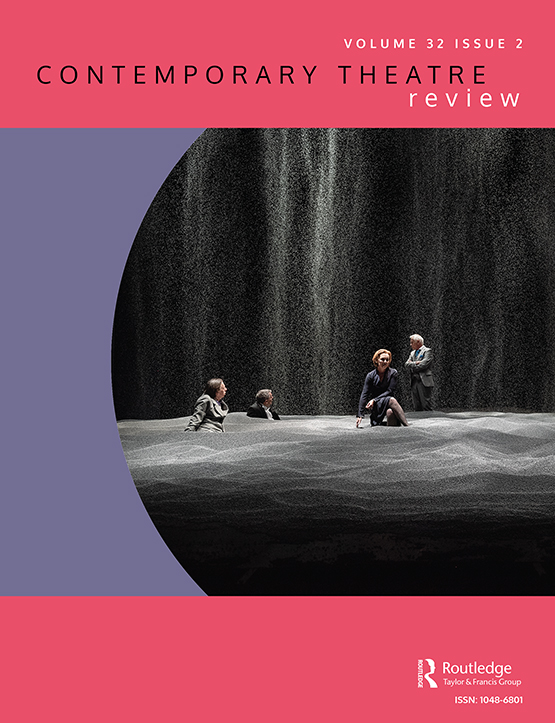journal CTR. We are thrilled with this development not only because the review is positive,
but also because it represents recognition of our belief that this open access resource is a
legitimate research output in its own right. We are grateful to CTR for agreeing to review
auralia.space. A far as we know, this is the first time an academic journal has agreed to
review a web-based resource in its book section, and we hope that other similar journals will
follow suit.
Extract from Adrian Curtin’s review below:
I was initially unsure about the best navigational route to take and how the various
content categories connected. The platform has a ‘choose your own adventure’ quality,
which suits casual browsing but makes assessing the whole more challenging. Happily,
the content of each of the contributions can be accessed in multiple ways: one can
watch/listen to the embedded recordings or download audio recordings and verbal
transcriptions. The latter have been expertly prepared. Indeed, the website design
(created by director and playwright Beatriz Cabur) is of high quality. It is visually pleasing
and easy on the eye. The recordings are also technically well produced. The platform’s
creators have clearly thought carefully about the user experience and have sought to
make the content appealing and accessible. The recordings vary in length, but many are
over an hour long, so it is helpful to have a range of access options.
A spirit of generosity pervades the platform, which makes it a pleasurable virtual space
to visit. The contributors are generous in discussing their work and sharing extracts from
it. They are equally generous in their exchanges with one another, which are relaxed,
probing, yet also playful, on occasion, despite the coincident pandemic. Radosavljević is
an excellent interviewer, always listening intently, allowing her interviewees to follow
their trains of thought, and never bluntly pushing an agenda or rigidly following a set of
predetermined questions. As she states in an interview with the company ZU-UK, she is
keen to ‘re-instate the artist in the process of knowledge production when we think about
how theatre is made, how performance is made’. The artists she interviews respond
favourably to this approach, as one might expect, and they discuss their formative
influences, creative processes, past work, and future directions in an insightful and
compelling manner. Scholars also provide candid and illuminating commentary on books
they have written. A highlight of the latter interviews, for me, was scholars discussing
their favourite passage, chapter, or idea from their own work, which revealed the
sometimes obscured personal dimension of scholarship.
Adrian Curtin (2022) auralia.space, digital platform for Aural/Oral Dramaturgies:
Post-Verbatim, Amplified Storytelling and Gig Theatre in the Digital Age, Contemporary
Theatre Review, 32:2, 209-210, DOI: 10.1080/10486801.2022.2063546 pp. 209-10.

